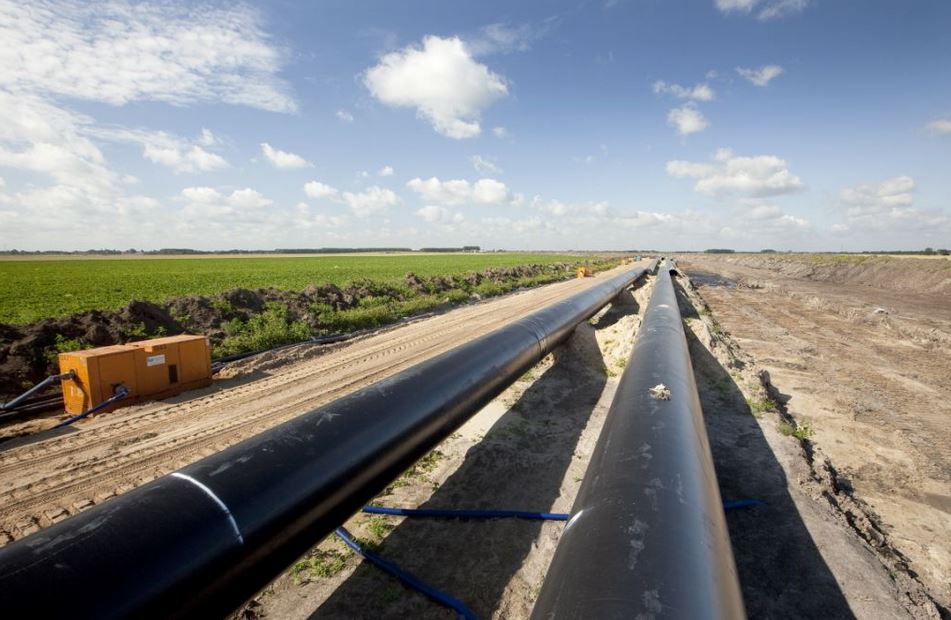 The Delta Rhine Corridor energy infrastructure project will focus on building the infrastructure for hydrogen and CO2, according to Gasunie's release. This was announced by the Dutch Minister for Climate Policy and Green Growth Sophie Hermans in a letter to the Dutch House of Representatives.
The Delta Rhine Corridor energy infrastructure project will focus on building the infrastructure for hydrogen and CO2, according to Gasunie's release. This was announced by the Dutch Minister for Climate Policy and Green Growth Sophie Hermans in a letter to the Dutch House of Representatives.
With this decision, the government is responding positively to the wish of the market and the House of Representatives to realise the hydrogen and CO2 infrastructure with great urgency. Industry needs these pipelines to make it more sustainable in the short term. Thanks to this adjustment, Gasunie expects to be able to commission the hydrogen pipeline in the Delta Rhine Corridor (DRC) between 2031 and 2032.
In the case of CO2 this will be 2033 at the latest. It has become evident that a joint approach that would also include DC cables and a pipeline for ammonia would extend the timeline by many years.
The Delta Rhine Corridor is a cluster of underground pipelines and cables in the pipeline corridor currently being developed and that will eventually run from Rotterdam via Moerdijk to the Dutch province of Limburg. Laying pipelines for hydrogen and CO2 will help heavy industry in the Netherlands and Germany become more sustainable and will cut CO2 emissions considerably.
Furthermore, the DRC strengthens the strategic and economic position of the industrial areas in north-western Europe, in particular in the Netherlands and Germany. The hydrogen pipeline in the DRC will form an important west-east connection that will enable an integrated, end-to-end national hydrogen network in the Netherlands. Building the CO2 pipeline also offers the possibility of developing an optimal CO2 network, one that would facilitate connections with the Dutch provinces of Zeeland, Noord-Brabant and Limburg, the northern region of the Netherlands, as well as Germany and Belgium. Such a network would facilitate transport of CO2 from Germany and the Netherlands to storage facilities under the North Sea as well as to current and potential users of CO2.



